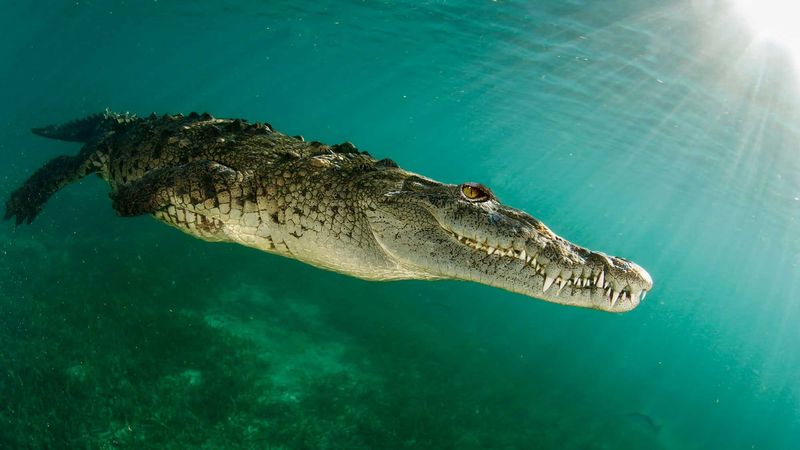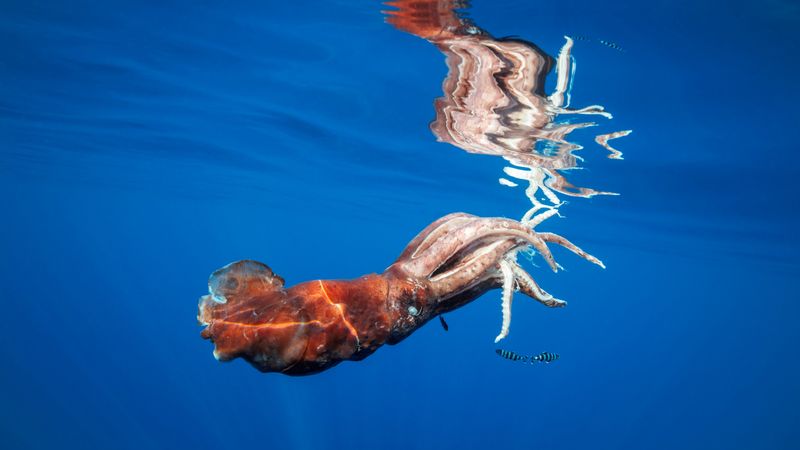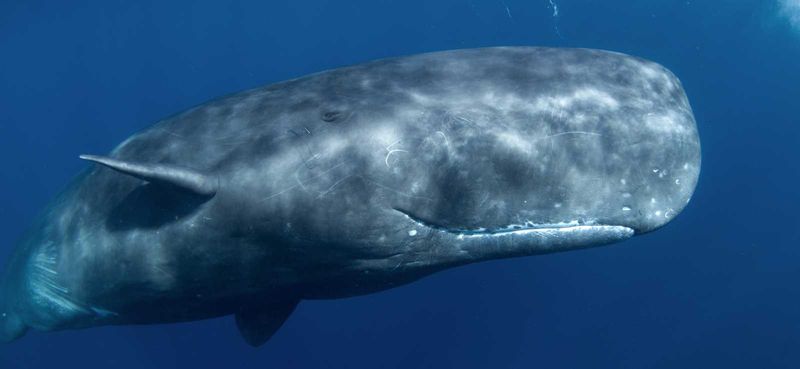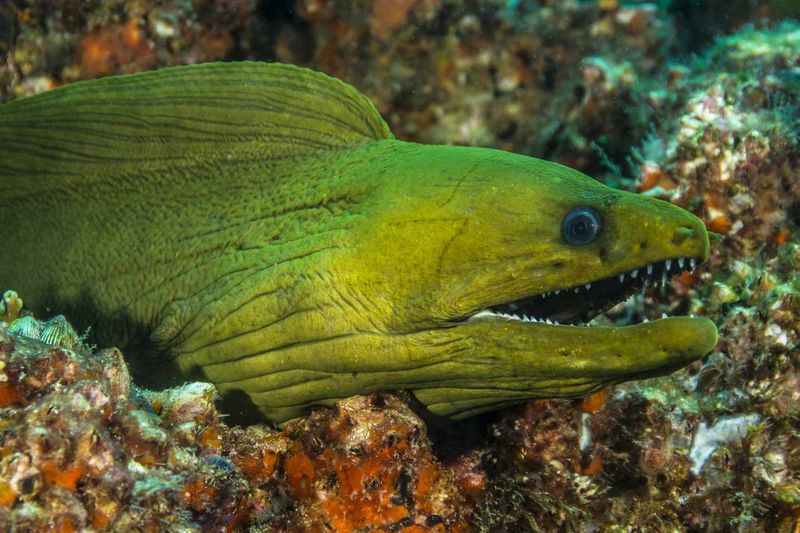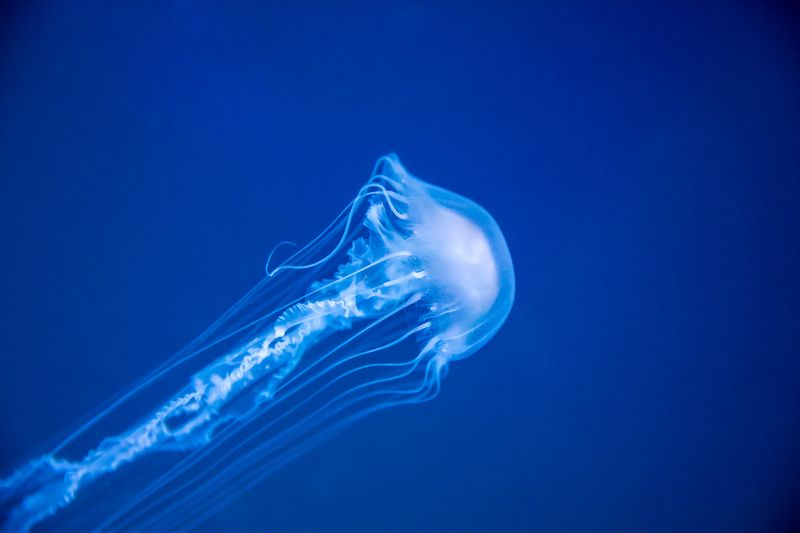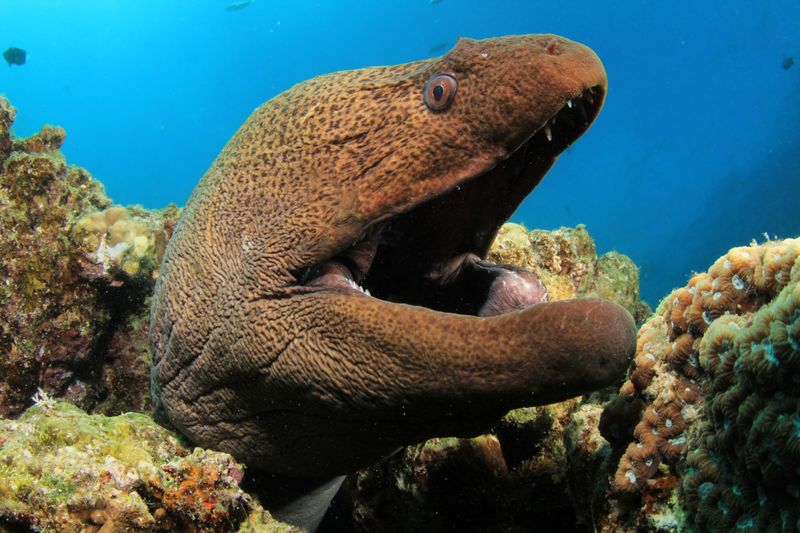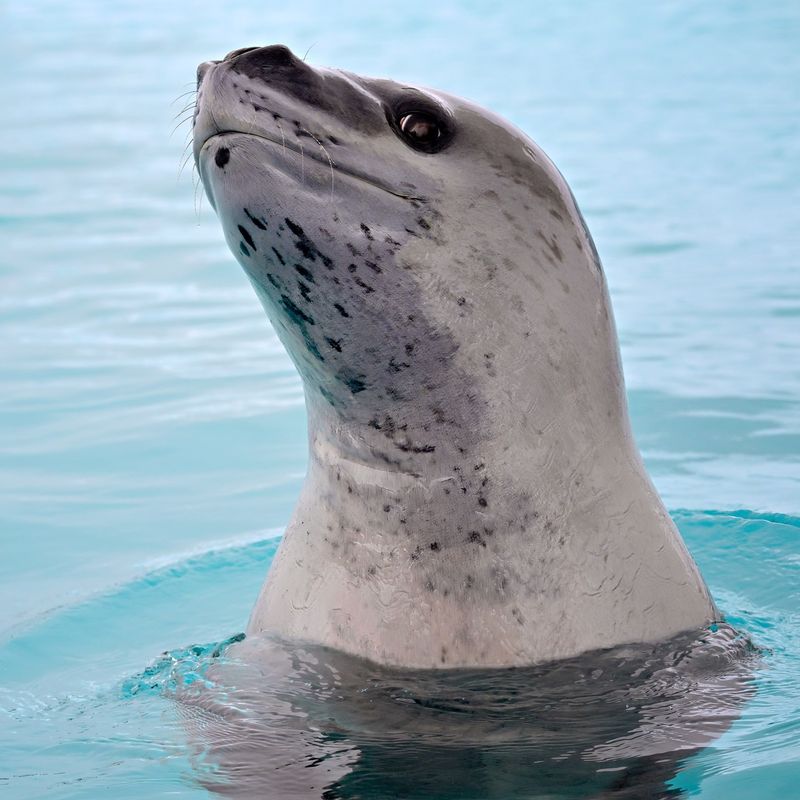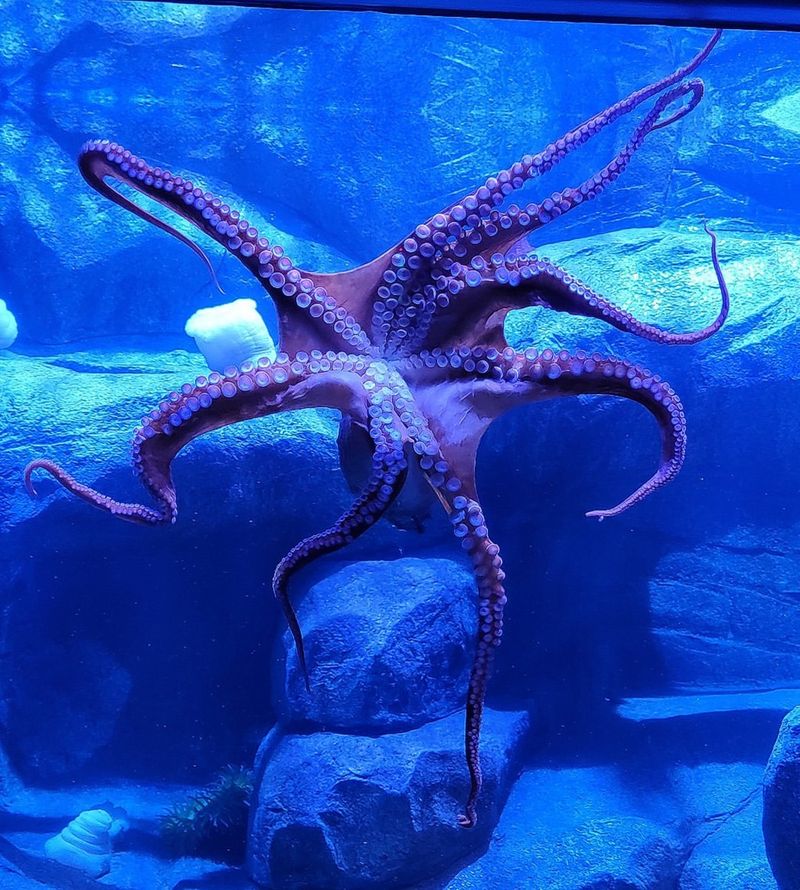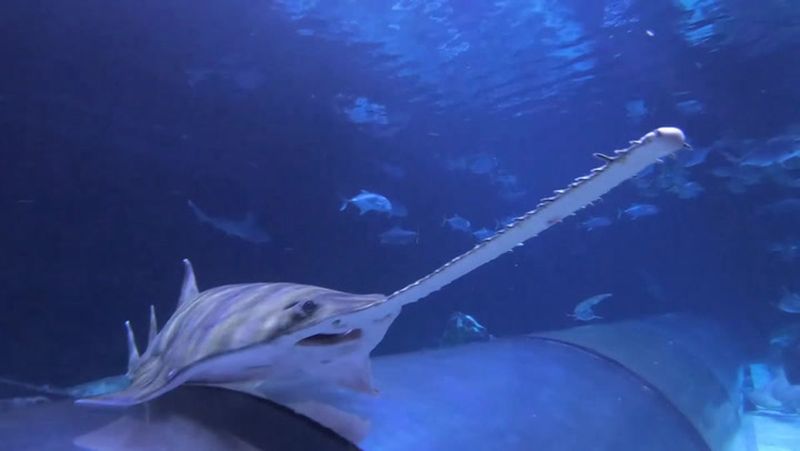📖 Table of Content:
The ocean, an expansive and enigmatic domain, hosts a diverse array of species, each contributing uniquely to the marine ecosystem’s balance. Among these, sharks hold the reputation of apex predators, yet their dominance isn’t absolute. Even these fearsome hunters encounter rivals equipped with extraordinary adaptations that challenge their supremacy in unexpected ways.
These oceanic adversaries span from massive marine mammals to smaller but equally formidable creatures, each capable of outmatching sharks under specific circumstances. Their unique abilities, ranging from unparalleled speed to advanced hunting strategies, create fascinating dynamics within the underwater food chain. Such interactions reveal the complexity and balance that define life beneath the waves.
Exploring these interactions provides insight into the delicate and competitive relationships that sustain marine ecosystems. From cunning octopuses to powerful killer whales, these rivals showcase nature’s ingenuity and resilience. Discover the 10 remarkable marine competitors that even the ocean’s apex predators find formidable.
1. Killer Whales
Killer whales, or orcas, are the top predators of the ocean. They even hunt great white sharks. Orcas are known for their intelligence and social structures. These creatures hunt in pods, using complex strategies to outsmart their prey. Sometimes, they flip sharks on their backs, inducing a state of paralysis known as tonic immobility.
This hunting technique showcases their tactical superiority. Sharks, despite their fearsome reputation, often fall prey to these marine mammals. Orcas’ diverse diet and adaptability make them a significant threat.
In regions where orcas are present, shark populations often decline, illustrating the orcas’ impact.
2. Saltwater Crocodiles
Inhabiting brackish and saltwater regions across Southeast Asia and Australia, saltwater crocodiles reign as powerful reptiles. Growing over 20 feet long and weighing more than a ton, these apex predators showcase incredible bite force and stealthy hunting techniques, making them truly formidable opponents.
While sharks are more agile in open water, saltwater crocodiles excel in ambush scenarios, often preying on sharks that stray too close to shorelines. The crocodile’s ability to strike quickly and drag prey into a death roll is legendary.
Their territories often overlap with sharks, leading to occasional confrontations.
3. Giant Squid
Elusive and mysterious, giant squids dwell in the depths of the sea, captivating imaginations. With long tentacles lined with powerful suction cups, these massive invertebrates are a marvel of the ocean’s hidden world.
Encounters between giant squids and sharks are rare but dramatic, as each animal possesses unique adaptations for survival in the deep ocean. The squid’s ability to expel ink and maneuver with agility in the dark waters gives it an edge in evading predators.
Scientists believe that these squids can defend themselves effectively, making them a challenging adversary for any shark that ventures too deep.
4. Sperm Whales
Majestic giants of the ocean, sperm whales captivate with their extraordinary deep-diving abilities. Plunging into abyssal depths, they hunt primarily for squid, showcasing their mastery of the marine world.
While sharks are formidable hunters, sperm whales’ sheer size and social behavior in pod formations make them an imposing presence. These mammals can communicate over vast distances and sometimes turn aggressive when threatened.
Their clicks and vocalizations can disorientate prey and potential threats. Sperm whales’ dominance in certain regions poses a natural deterrent to sharks, illustrating the power dynamics in marine ecosystems.
5. Electric Eels
Fascinating predators, electric eels command attention with their ability to generate strong electric shocks. Native to the Amazon and Orinoco basins, they wield their electrical power to stun prey and ward off threats.
Sharks, though more common in saltwater, occasionally encounter these eels in brackish environments. The eel’s electric charge can incapacitate smaller sharks, showing a unique method of defense.
While not a direct threat to larger sharks, the mere presence of electric eels in particular habitats represents a challenge sharks must navigate. Their ability to generate voltage makes them a notable rival.
6. Box Jellyfish
Among the ocean’s most venomous creatures, box jellyfish wield tentacles armed with toxins powerful enough to kill humans and incapacitate marine predators. These ethereal yet deadly beings are a testament to nature’s extremes.
Sharks, generally immune to jellyfish stings, still avoid areas heavily populated by box jellyfish. The risk of injury to sensitive areas like eyes and gills keeps sharks at bay.
In tropical regions, these jellyfish create invisible barriers that sharks tend to avoid. Despite their simplicity, box jellyfish control certain marine territories with their lethal sting, posing an unusual threat to larger predators.
7. Moray Eels
Enigmatic predators of coral reefs worldwide, moray eels captivate with their elongated bodies and sharp teeth. Perfectly designed for ambushing prey, these stealthy hunters are masters of their vibrant underwater habitats.
While not typically a threat to adult sharks, moray eels can be fierce competitors for food and space. Their ability to hide in crevices and strike swiftly gives them an advantage in shared habitats.
Sharks often have to share their hunting grounds with these eels, leading to occasional confrontations. The moray’s resilience and tenacity make it a noteworthy rival in the coral reef ecosystem.
8. Leopard Seals
Agile predators of Antarctica’s icy waters, leopard seals are renowned for their voracious appetite. With a diet focused on penguins and fish, these sleek hunters dominate their frozen marine environment.
However, they are also capable of attacking and consuming smaller sharks. Their impressive speed and adaptability in cold environments make them formidable opponents.
Leopard seals’ aggressive nature and ability to hunt effectively in sub-zero temperatures make them a unique rival. Sharks venturing into Antarctic waters must be cautious of these agile hunters, highlighting the diverse challenges in different marine environments.
9. Octopuses
Octopuses are intelligent and adaptable marine animals known for their problem-solving abilities. They can change color and texture to blend into their surroundings, evading predators.
Sharks and octopuses occasionally cross paths in search of food. Although octopuses do not directly threaten sharks, their intelligence and ability to escape make them formidable rivals.
In some cases, octopuses have been observed preying on small sharks. This dynamic showcases the octopus’s versatility and ability to exploit opportunities within their environment, challenging the traditional predator-prey relationships.
10. Sawfish
With their elongated snouts lined with sharp teeth resembling a chainsaw, sawfish stand out as one of the ocean’s most unique rays. Inhabiting coastal and estuarine environments, they are both fascinating and formidable.
Though not direct predators of sharks, sawfish compete for similar food sources. Their saw-like snouts are used to detect and capture prey, often clashing with sharks’ hunting methods.
In shared habitats, sawfish can become unexpected rivals. Sharks must navigate around these intriguing creatures, whose distinctive adaptations allow them to thrive in similar ecological niches. The sawfish represents the complexity and diversity of marine life, where even non-predators pose significant challenges.


